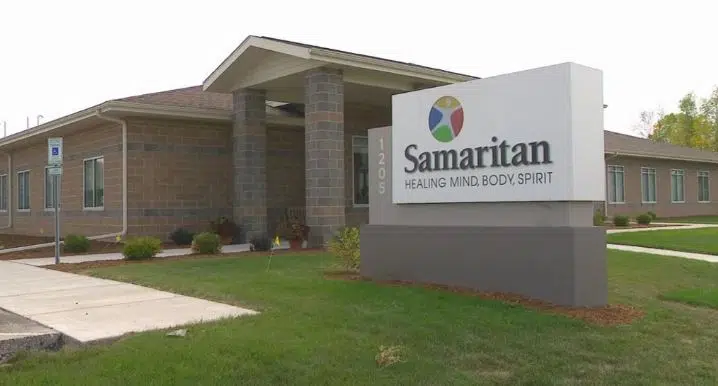GREEN BAY, WI (WTAQ-WLUK) – Wisconsin teens, especially girls, are struggling with their mental health. That’s according to data from the CDC.
Officials with the Wisconsin Office of Children’s Mental Health call the statistics alarming.
More than half of high school aged girls in the state report suffering from anxiety. Fifty percent say they feel sad or hopeless every day. More than a quarter report self harming.
Twenty-five percent of Wisconsin teen girls have considered suicide. Of those, 20% have made a plan, and more than half of those have attempted suicide.
“We’ve seen these trends increasing for some time now, really well before the pandemic it’s been on the rise. So, lot of concern about the girls and the stress they’re under and the concerns they have with their own mental health,” said Linda Hall, director of Wisconsin Office of Children’s Mental Health.
Mental health experts attribute the increase to a number of factors, including academic pressure. They says kids have a sense of needing to “catch up”, so to speak, because of things lost or missed during the pandemic.
“But, we’re also seeing there’s more stress on girls from social media and their bodies are maturing a little bit faster now then they did in previous decades. And those issues that come with the advancement of their body are maybe getting a little ahead of where their brains are,” added Hall.
Samaritan Fox Valley, which works with more than a dozen local school districts on its wellness screen program is seeing similar results.
Through the wellness screen, Samaritan is identifying students who may be struggling. Then, working one-on-one with the student and their family, Samaritan identifies ways to help.
“Even if they’re not at a clinical level of needing mental health care, we want to build awareness, we want parents to be thinking about these things, students themselves to be thinking about these things. When they are ready or at a clinical level for depression, anxiety, those types of things making sure we have the resources to get them connected,” said Amy D’Addario the Wellness Screen program manager with Samaritan.
Samaritan believes its system is working as they’ve seen an increase in the number of connections to care, especially for girls. D’Addario added, “We are identifying students, we are recommending that they get connected, and they are getting connected. We just have more work to do.”
Students and families who might not be getting connected to care now, are learning about resources and options in the future should they need help.









